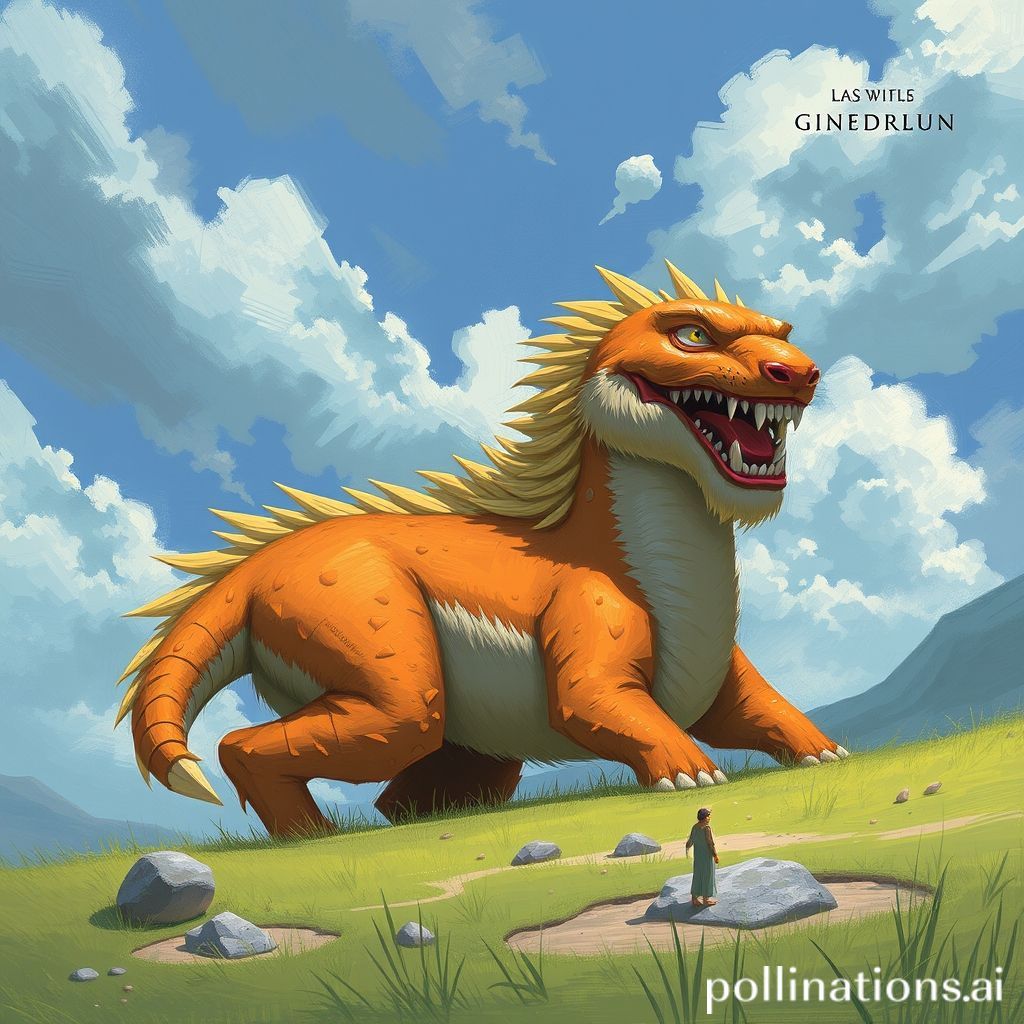
Path to Grow
Decoding the Enigma of Personality: Nature vs. Nurture
Hey there! Ever found yourself wondering why you are the way you are? Is it because of your genes, the way you were raised, or a mix of both? The age old debate of nature versus nurture when it comes to personality is a fascinating one, and today we're diving deep into it. Get ready to unravel some captivating insights!
We all know that our personalities are complex, influencing our choices, relationships, and even our career paths. But what shapes this complexity? Is it predetermined by our DNA, molded by our experiences, or something in between? Let's explore.
Nature's Influence: The Genetic Blueprint
The "nature" side of the argument emphasizes the role of genetics in shaping our personality. Studies on twins, especially those raised separately, have provided compelling evidence for the heritability of certain personality traits. Identical twins, who share 100% of their genes, often exhibit remarkable similarities in their personalities, even when raised in different environments.
Think about traits like introversion, extroversion, impulsivity, or even a tendency toward optimism. Research suggests that these aspects of our personality have a genetic component. This doesn't mean that our genes dictate our destiny, but rather that they provide a predisposition or a starting point.
For instance, someone might inherit a genetic predisposition toward anxiety. However, whether that predisposition manifests as a full blown anxiety disorder depends on their environment and experiences.
Nurture's Embrace: The Environmental Impact
On the other hand, "nurture" highlights the profound influence of our environment, experiences, and upbringing on our personality development. This includes our family dynamics, cultural norms, social interactions, and life events.
From the moment we're born, we're bombarded with stimuli that shape our understanding of the world and our place within it. The way our parents interact with us, the values they instill, and the opportunities they provide all contribute to our personality development.
For example, a child raised in a nurturing and supportive environment might develop a strong sense of self esteem and confidence, while a child who experiences trauma or neglect might struggle with feelings of insecurity and anxiety.
The Interplay: Nature and Nurture in Harmony
The truth is, nature and nurture aren't opposing forces, but rather intertwined influences that shape our personality in a complex and dynamic way. It's not a matter of one or the other, but rather a continuous interaction between our genes and our environment.
Our genes provide a foundation, a set of predispositions, while our environment acts as a catalyst, influencing how those predispositions manifest. This interaction is often referred to as gene environment interaction.
Consider this: someone might inherit a genetic predisposition toward creativity. However, whether that person develops their creative potential depends on the opportunities and support they receive in their environment. If they're encouraged to explore their artistic talents and given access to resources and mentors, they're more likely to flourish as a creative individual.
Key Differences and Comparisons
Let's take a look at a table to better visualize the comparison:
| Feature | Nature | Nurture |
||||
| Primary Influence | Genes and heredity | Environment and experiences |
| Role | Provides a predisposition | Shapes and molds the personality |
| Evidence | Twin studies, heritability estimates | Family studies, cultural influences |
| Example | Genetic predisposition to anxiety | Upbringing in a supportive environment |
The Ever Evolving Story
The field of personality psychology continues to explore the intricate relationship between nature and nurture. Epigenetics, the study of how environmental factors can alter gene expression, is shedding new light on this dynamic interplay.
Epigenetics demonstrates that our experiences can actually change the way our genes are expressed, influencing our personality and behavior. This means that our environment can have a lasting impact on our genetic makeup, and vice versa.
My Reflections: Embracing the Complexity
As I reflect on this fascinating topic, I'm struck by the incredible complexity of human personality. It's not as simple as nature versus nurture, but rather a beautiful dance between our genes and our experiences.
Understanding this interplay can empower us to make conscious choices about our environment and our behaviors. We can seek out supportive relationships, cultivate positive habits, and create environments that foster our growth and well being.
Ultimately, our personality is a unique tapestry woven from the threads of our genes, our experiences, and our choices. Embracing this complexity allows us to better understand ourselves and others, and to live more authentic and fulfilling lives.
Sources:
Plomin, R., DeFries, J. C., McClearn, G. E., & McGuffin, P. (2008). Behavioral genetics(5th ed.). Worth Publishers.
Ridley, M. (2003). Nature via nurture: Genes, experience, and what makes us human*. HarperCollins.
Caspi, A., McClay, J., Moffitt, T. E., Mill, J., Martin, J., Craig, I. W., Taylor, A., & Poulton, R. (2002). Role of genotype in the cycle of violence in maltreated children. Science, 297*(5582), 851 854.
Comments
Post a Comment